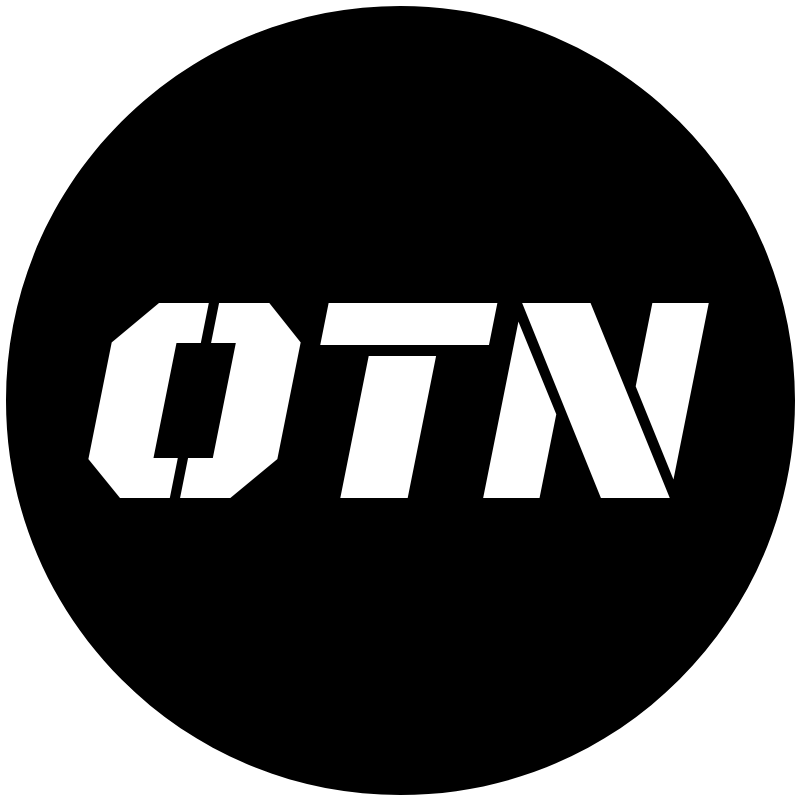It’s no secret that the Overwatch League (OWL) has been struggling for a while now. With teams paying anywhere from $20-$35 million for franchise rights, the dwindling viewership numbers on top of sponsors jumping ship have caused OWL teams to hire British law firm Sheridans.
According to esports journalist Jacob Wolf, Sheridans, a media and technology law firm with a background in traditional sports and esports, was hired to negotiate with the league regarding economic relief for each team. The effort is being led by the parent company of the Toronto Defiant, OverActive Media. Teams have spent an estimated $7.5 million to $10 million since the founding of OWL. On top of that, most teams spend around $1 million per year for team operation costs. Taking all the numbers into account, some teams have spent upwards of $16 million.
The Overwatch League launched in 2018 and used the rapidly growing nature of esports to convince big name investors like New England Patriots owner Robert Kraft, Los Angeles Rams owner Stan Kroenke, and Sacramento Kings co-owner Andy Miller to buy into one of the first city-based esports leagues. Since its inaugural season, OWL has seen declining viewership numbers year after year. The league attempted to switch to in-person city-based events, but the outbreak of COVID-19 halted those plans after most teams spent over a year prepping for them.
Most of the OWL sponsors had left by 2022 due to the ongoing sexual harassment lawsuit brought against Activision Blizzard along with systemic discrimination against women in a toxic workplace. To top it off, Activision Blizzard recently announced that they are ending their partnership with NetEase, the publisher that distributed some of Activision Blizzard’s biggest titles in China for over a decade. With 87% of OWL’s viewership coming from China, the loss of Overwatch 2 will certainly result in another massive drop in viewership.
Misfits Gaming CEO Ben Spoont, whose organization owns the Overwatch League’s Florida Mayhem and Call of Duty League’s Florida Mutineers, told The New York Times in November, “They [OWL] certainly pitched us that the growth of these leagues would be meteoric, and we all drank the Kool-Aid. What has happened is that growth has not materialized as fast as we had hoped.” Add the prediction of a recession and esports organization layoffs, money is very tight within the esports community and the OWL team owners are now looking for any way to survive going forward.
Image from: Activision Blizzard


